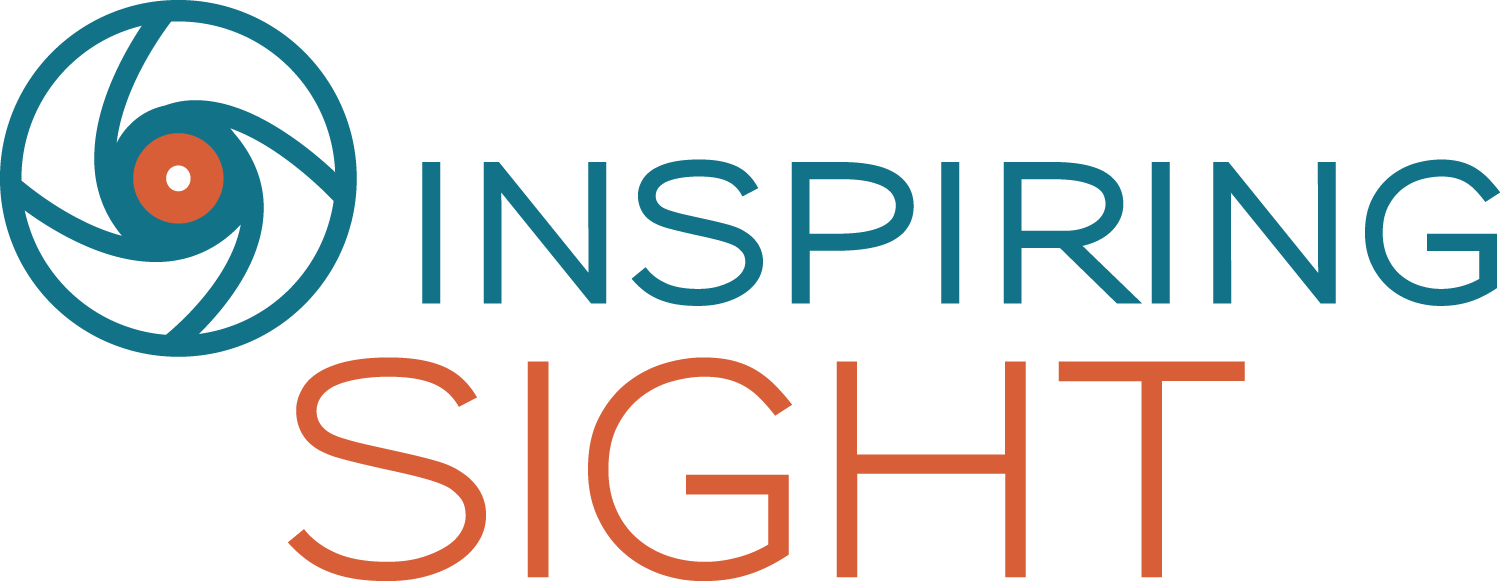How Do You Know When It’s Change Throwing You Off Balance?
What I’ve come to understand, over the last seven years, from coaching, facilitating and leading strategic development, is that the bulk of the organizations view strategic planning as a once every three year project vs.a way of organizational being. In other words, they take a project-based approach vs. a systems approach to running their organization. But what difference does that make and why does it matter?
Primary differences separate the two approaches. A project-based approach is linear, siloed, based on pre-identified start and stop dates, and is reliant largely upon predictability. A systems’ approach is nonlinear, dependent on interconnectivity, and is a continuous process driven by feedback loops.
Thinking metaphorically, a project-based approach is a construction project beginning with the drawings, foundation, framing, roofing and final project completion. A systems approach is a river system with continuous shifts, adaptations driven by feedback loops coming from tributaries, weather, precipitation patterns, environmental factors, human and animal interactions and the constancy of change. Yes, change. Now we are getting to the crux of the matter. Change is the same factor that often holds boards and teams back from embracing a systems approach to their work, including their strategic plan.
It has been my experience working with dozens of boards, leadership teams and employees, that a systems approach can be a bit disorienting because a systems approach means adaptability and change.
Systems thinking and a change mindset are largely foreign to many organizations. We have COVID to thank for an awakening to the need for both. But this awakening also awakens the reactions to even the thought of change. So it stands to reason that before we can integrate change, we have to support our people’s capacity for navigating it.
Sometimes we choose change, sometimes we don’t. Sometimes it sneaks up on us when we thought we were just creating a plan and sometimes it comes out of the blue.
Personally or professionally, intentionally or unintentionally, regardless of how it shows up, change comes with key elements that if ignored, will prevent the forward movement which is driving it in the first place. A lack of attention to the impact of change on a system will bury any chance of success in delivering on the plan.
Central to systems change is understanding the impact of change on the entire system whether that impact is hidden in plain sight or fully seen.
To get the most out of your people and the money you’ve invested into your strategic processes, organizations must understand if change is lurking in their culture so they can support their people and deliver on the results they are aiming for.
Here’s what to look for to know if change is lurking in your culture:
Resistance to change is driven by the fear and anxiety around:
Losing control
Increasing workload
Lack of competence
Confusion
Loss
Comfort zone
What you may hear that indicate fear and anxiety exist:
Storytelling - things our mind akes up that aren’t true
Defensiveness
Stonewalling
Contempt
Blame
Triggers in response to past experiences with change
Strong emotions, stuck thinking, fear, and conflict or tensions can arise as part of strategic and planning processes. If you can identify if change is lurking within your team or organization, you can get ahead of the downward spiraling change reaction.
If you are in a decision-making position in an organization, as a board member or in leadership, are you prepared to invest in your organization’s success by supporting your people to best navigate change? If not, are you willing to explore what it will cost your organization if you don’t?
If you answered yes to either of those questions, let’s get started! Contact Mary Kay today at marykay@inspiringsight.com
Mary Kay Delvo is a coach, facilitator and strategist who helps organizations build strategies and their culture so they are equipped to navigate change.
/

